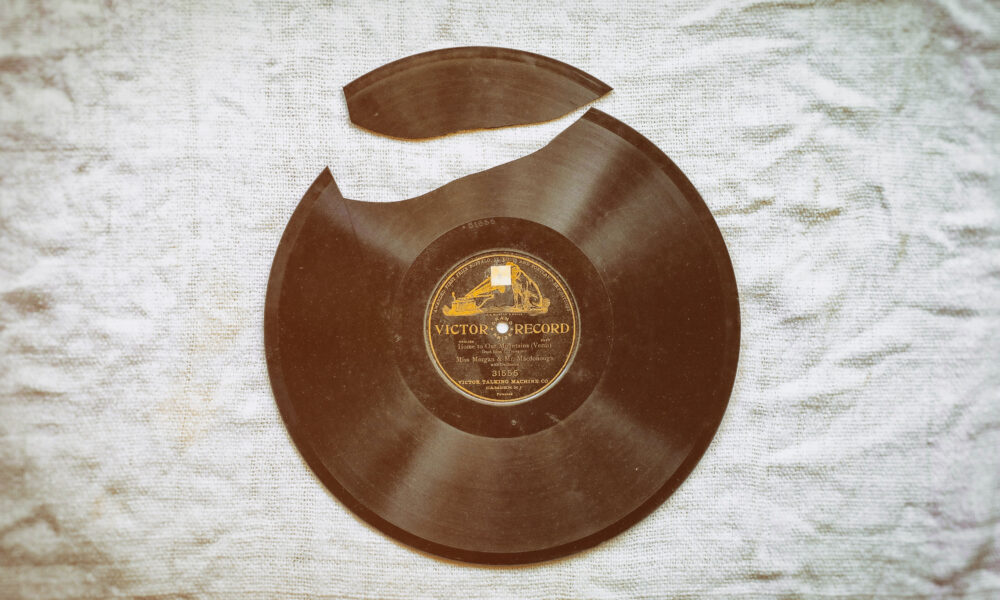Gentlemen’s Quarterly (GQ), the men’s fashion and lifestyle magazine, has absorbed one of music’s most influential journalism outlets, Pitchfork. Condé Nast, the parent company of both GQ and Pitchfork, is the driving force behind this move. Publicly announced on Jan. 17, this move came as a shock to the publication’s staff. With massive layoffs and concerns of music as a hobby primarily for men, as a result of GQ’s label as a men’s magazine, this change will undoubtedly have far-reaching consequences for the music journalism industry.
Pitchfork, which covers almost everything music-related, started as a small blog focused on reviewing, interviewing, and covering mostly alternative and indie artists. After the mass media conglomerate Condé Nast acquired Pitchfork back in 2015, they expanded their coverage to include a much wider range of music genres. They also began focusing more on investigative journalism in the music community, which paved the way for their breaking coverage of sexual assault allegations against Arcade Fire’s lead singer Win Butler in 2022.
Their fame, however, can be partially accredited to their blunt review style and hyper-specific ratings; rather than using the typical five-star scale, the outlet scores albums on a decimal scale from 0.0 to 10.0. Getting a perfect 10 on a Pitchfork review—which is almost impossible, unless you’re Radiohead—could absolutely change an artist’s life through an album’s success thanks to Pitchfork’s platform and recognizability.
With GQ being a magazine mostly focused on kitschy style ideas for men, the absorption of Pitchfork raises fears that the music publication will lose its authenticity and edge. Part of Pitchfork’s charm is its unyielding honesty. No Pitchfork article shies away from its author’s opinions, even when its publication could be a detriment to an artist’s career. Could GQ’s cookie-cutter image force Pitchfork to abandon its blunt style? Will Pitchfork start being overly forgiving of the cheesy mall music that they usually trash?
The absorption also presents a major blow to the diversity Pitchfork previously brought to music journalism. Over the years, a large number of mostly women and non-binary editors at Pitchfork have worked hard to create a gender-inclusive magazine. This extends to both what they write about and within their staff, mirroring the broader music industry, which is far from homogenous. Additionally, they have made considerable efforts to hire people of colour, especially as the industry of both music and music journalism has been dominated by white men for years. With Puja Patel being Pitchfork’s first female Editor-in-Chief, she paved the way not just for women in the industry, but especially for women of colour. Patel is the most notable of Pitchfork’s staffers to be laid off during this current move; though we may not be seeing it yet, the industry will feel the consequences of her layoff in the years to come.
The idea of Pitchfork becoming a magazine under the wing of a men’s lifestyle magazine reinforces the boys’ club mentality present in much of music and music journalism alike. Not only does this ignore that music is a universally appreciated art form, but it is also a major step backward for both the industry. This absorption reinforces antiquated ideas that music should only be for men. Former Pitchfork Features Editor Jill Mapes, who was also laid off with the announcement of GQ’s absorption, posted a tweet on X, formerly Twitter, expressing her frustration with these exact issues: “After nearly 8 yrs, mass layoffs got me. glad we could spend that time trying to make it a less dude-ish place just for GQ to end up at the helm.” With Condé Nast laying off some of Pitchfork’s most prominent women editors, this is further proving that the move to GQ will remove the diverse interests of Pitchfork and transform it into a new variation of the men’s magazine.









